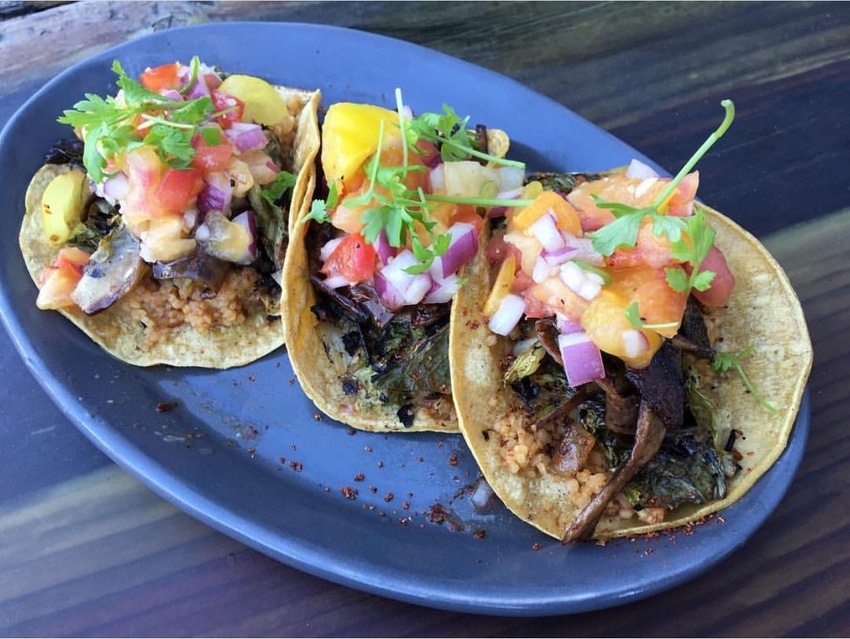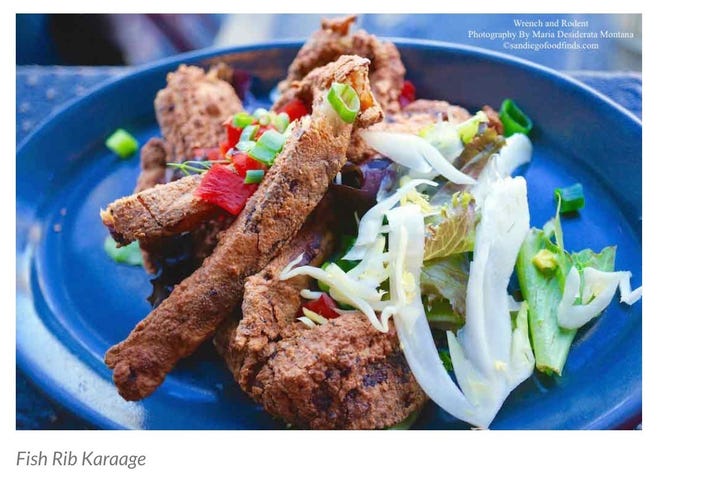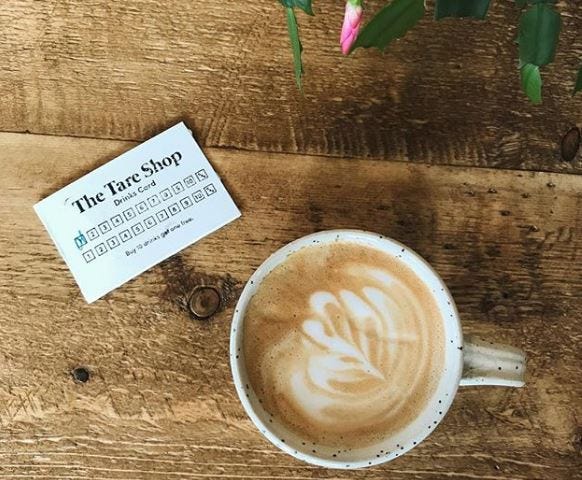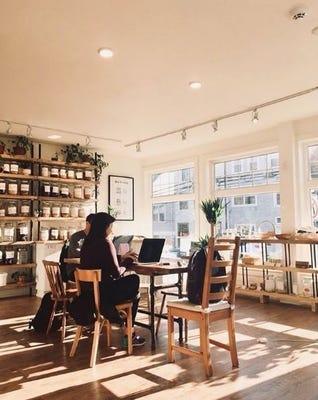Making Minimal Waste Part of the Restaurant’s Mission
For restaurants looking to minimize waste, it requires creative thinking and changing customers’ mindsets.

Reducing waste in restaurants can have an important environmental impact, but it can also save restaurants money and resources in an industry where margins are already slim. Increasingly, restaurants and other foodservice providers have been researching ways to minimize waste—from wasted food, to plastic, to disposable cups and plates—in their establishments. For restaurants looking to minimize waste, it requires thinking creatively and changing customers’ mindsets about what we eat and how it’s served.
At Wrench & Rodent Seabasstropub, in Oceanside, Calif., the focus is on sustainable sushi, but the menu includes much more. And while the co-owners have made minimal waste their mission, that may not be the most savory selling point for their customers.
“I don’t even want people to think about waste when they eat our food,” says Jessica Waite, co-owner and CFO of Wrench & Rodent and The Whet Noodle.
That being said, the restaurant’s co-owners work hard to keep their waste levels low. Seafood and produce are sourced locally, with the vegetables coming from local farms and productive elementary school gardens, and Co-founder and Executive Chef Davin Waite has gained a reputation for his creative cuisine that wastes very little.
For example, Davin will use the whole fish, including the less-frequently served items such as the head, collar, shoulder and ribs, in various dishes. Fish skin is turned into chips served with guacamole, and the fish’s sperm can be used for chowder. The bones are even used to make broth.

Items that might normally be tossed in the garbage are actually ripe with possibilities. “A banana peel is not waste; that’s a resource that we have, and we just have to figure out how to use it,” says Jessica. At Wrench & Rodent, banana peels have been used as filling for tacos, and they work with a local smoothie shop to rescue the resource.
For vegetables, they find new ways to serve up stems, greens and leaves that normally get tossed because they might seem bitter or tough. “You are paying for the whole thing. The farmer is putting the water and resources into growing the whole thing. Why would we just toss half of it?” says Jessica.
The Waites work to help community members understand the problem of food waste and encourage people to be more mindful about how they prepare food. Jessica is on the board of the Berry Good Food Foundation, which does education and outreach on these topics. Davin gives cooking demonstrations at places such as local school gardens, teaching kids to use the often-discarded parts of vegetables. He is currently working with Scripps and National Oceanic and Atmospheric Administration scientists to promote by-catch utilization, with the goal of reducing waste in the fishing industry, says Jessica.
Wrench & Rodent has been open more than five years, and three years ago, they opened The Whet Noodle, a ramen shop that shares the same kitchen. Jessica is the CEO of The Plot, which she co-founded with Davin. The restaurant is slated to open in 2019. The fast-casual restaurant will be plant based and zero waste. “My goal is to not bring anything in that we can’t recycle or compost,” she says.
In Halifax, Nova Scotia, Canada, a new coffee shop is tackling waste by changing customer behavior. The city’s first zero waste coffee shop, The Tare Shop, opened in October.

The coffee shop serves drip coffee, espresso-based drinks and tea but does not offer disposable cups in order to minimize waste. “I knew from the beginning that I didn’t want any disposable cups,” says The Tare Shop Founder Kate Pepler.
Customers can enjoy their beverage at the shop or use a travel mug. If a new customer isn’t aware of the policy, he or she can opt to take one of the donated mugs from the “mug library” to go.
For the most part, customers have been onboard with the cup policy, but Pepler says that even people who leave without buying coffee might give the policy some thought. “Now they are thinking about why this coffee shop doesn’t offer disposable cups and what is the consequence of that disposable cup,” says Pepler.
The Tare Shop does not serve plastic straws. Instead, it uses reusable bamboo straws and handmade reusable napkins from a local artisan. The coffee shop also orders muffins and pastries from a local bakery that brings them over in a bin that gets returned for refilling, and it does not sell any plastic-wrapped foods.
Pepler got the idea for The Tare Shop after studying sustainability, environmental science and marine biology at university. She began thinking about her own environmental impact and made efforts to reduce her plastic consumption. She soon realized how hard it was to shop package free in her city.

In addition to the coffee shop, The Tare Shop sells liquids, oils, vinegars, flours, seeds, dish soap, laundry soap, shampoo and conditioner and body lotion, as well as additional zero waste-focused lifestyle, beauty and cleaning products. For convenient shopping, patrons can drop off their containers in the morning for refill and pick them up at the end of the day.
There is also an event space where they hold workshops and classes focused on topics such as zero waste living, reducing plastic consumption and holiday waste reduction. “I hope [The Tare Shop] becomes a place to educate and inspire people to live with less waste and helps people realize that it actually is something that is achievable and attainable when you just start by making a couple changes at a time,” says Pepler.
As a restaurant makes changes to reduce waste, the community around it might also start to change, as people reconsider the ways that they purchase and consume food. For example, Pepler says that often when people learn that they can’t have a disposable to-go cup, they realize that they actually do have a few minutes to sit and relax with a cup of coffee. “It’s cool to see people slow down,” Pepler points out.
About the Author(s)
You May Also Like


